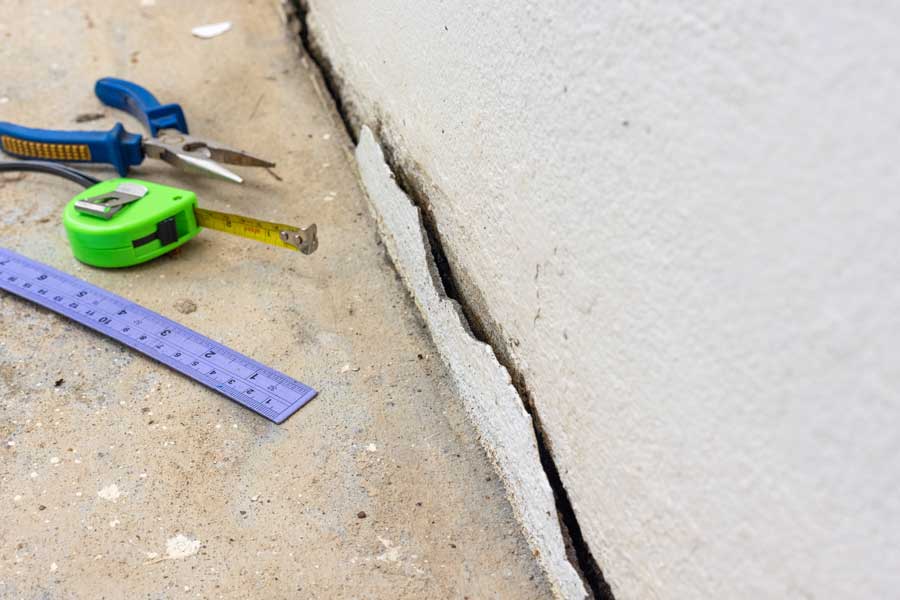
Everything You Need to Know About Foundation Settling
For good reasons, ground instability is a constant issue for home builders. Homes constructed on unstable soil may start to sink into the ground due to their weight. This may cause cracks in the walls and damage the foundation. Even worse, it might cause the house to start falling apart from the inside out.
How Soil Shifts
The soil is the most prevalent cause of unstable ground, but other factors come into play. For example, if there is an excessive amount of sand in the soil, the soil will not be able to withstand the weight of the structure and may shift too much.
Sometimes the abnormal cycle of drought and flood can cause the soil to compress and expand, rendering it unsteady. Topsoil and decomposing plants are two examples of soil with a high organic matter content that can deteriorate and make the soil unstable. Also, foundations based on poorly compacted soil may eventually shift.
Unfortunately, even if every precaution is taken to guarantee that the soil is stable before the building begins, detecting every indicator of potentially unstable soil is not always possible. Park Range Construction employs soil stabilization techniques, such as excavation, chemical stabilization, and soil replacement. We also drain excess moisture from preparing a building site before construction.
Foamed asphalt, injected into our foundation repair services, can help make the earth more stable. However, things change if the builder finds out the soil is shifting after the foundation has been laid.
Stabilizing the Soil
Builders risk learning too late that the foundation is unstable. There are still ways to prevent foundation shifting and soil erosion. Helical anchors screw the foundation through unstable soil and into the more stable ground, stabilizing the building. Helical anchors require little equipment and disruption.
A new home foundation on unstable terrain needs erosion protection. Installing retaining walls or constructing stepped terraces on sloped sites prevents soil erosion. Soil stabilization contractors may employ nets or meshes to keep soil from washing away. Roots hold topsoil in place and prevent it from washing away after rain, so careful landscaping prevents soil erosion. Plants reduce soil wetness and dryness.
No one in the building industry wants an insecure foundation. Even with a framework, there are techniques to reduce the impact. Your home foundation will be safe for years by fixing the problem and stopping soil erosion.
Park Range Construction is well equipped and skilled to analyze your foundation repair and other needs. Call us today for questions, consultations, or services.
Published on 9-13-2022